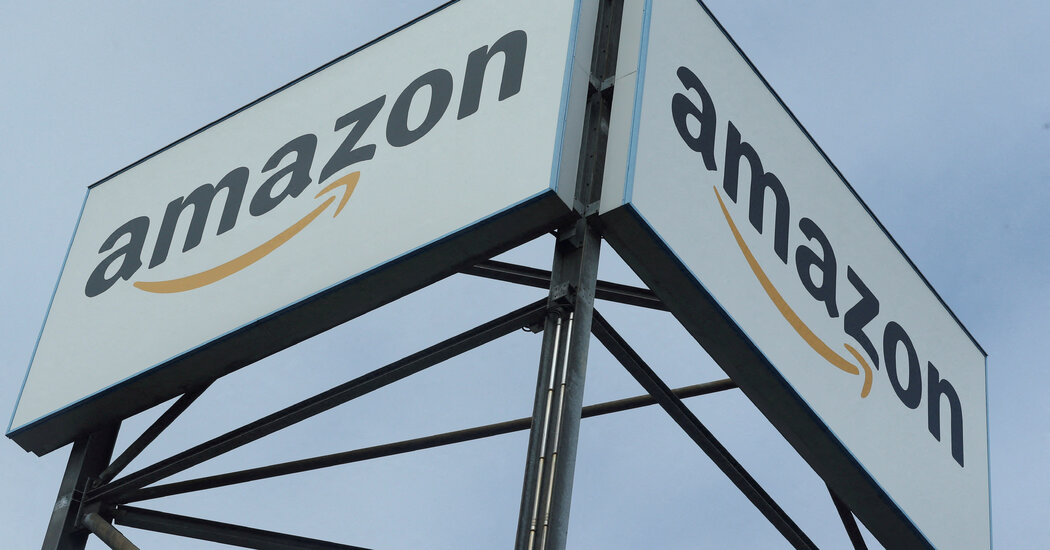Amazon tried Thursday to end a three-year investigation by antitrust regulators in the European Union by offering to make a series of changes to its business practices and give rival merchants an easier way to reach customers on its website.
Amazon has been investigated for claims that it is improperly using its dominance in e-commerce to take out competitors. Authorities had accused the company of collecting non-public data on independent merchants to inform its own product offerings, and unlawfully using Amazon Prime to force sellers to use its logistics operations.
On Thursday, the European Commission, the executive branch of the 27-nation bloc, said Amazon had vowed to stop collecting non-public data on merchants it competed with, including information on terms of sale, revenue, shipments, inventory and performance.
Amazon promised to give other sellers more access to valuable space on its website, such as the “Buy Box,” which prominently displays special offers. Merchants could also participate in the Prime program without using Amazon’s logistics operations, giving retailers the ability to partner with other suppliers to handle inventory and shipments.
Amazon’s concessions would last for five years and apply only to its operations in the European Union. The settlement is under review and a final decision from the committee is expected later in the year. Rival companies and other groups have until September 9 to submit their views on Amazon’s offering to the committee.
A settlement would help Amazon avoid a fine that could total billions of dollars.
The settlement offer stems from two active investigations. In 2019, the committee began investigating Amazon’s collection of merchant data. Another investigation, into Amazon Prime and the Buy Box, began the following year.
The European Union has tightened its surveillance of the world’s largest technology companies. Amazon, Apple, Google and Meta have all been the subject of antitrust investigations in recent years.
Supervision is expected to increase. In March, policymakers agreed on a new law called the Digital Markets Act to prevent the largest technology platforms from using their services and wealth to entice users and undermine competitors. Another law, the Digital Services Act, puts more pressure on social media companies to clean up their platforms.
Regulators are particularly concerned that the largest tech companies are hurting competition by leveraging their size and scale.
Amazon has a marketplace that is essential for independent sellers to reach customers, but it also competes with many of those sellers. Apple, which is also under investigation by the European Commission, is monitoring how app makers reach users of iPhones and iPads while selling software that competes with those services.
Amazon, which faces separate antitrust investigations in Germany and Britain, expressed concern that European regulators were wrongly targeting US tech companies.
“While we have serious concerns about the Digital Markets Act unfairly targeting Amazon and a few other US companies, and disagree with several of the European Commission’s conclusions, we have worked constructively with the committee to address their concerns. take,” the company said in a statement. .

